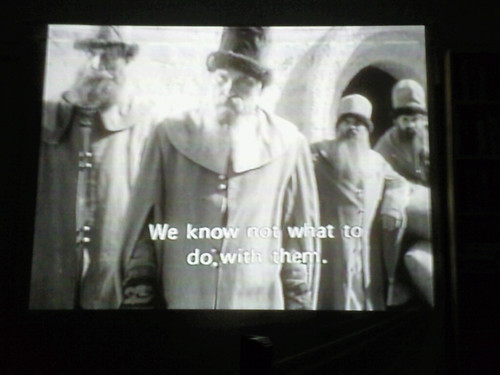What happened? The Presidency of the Party of European Socialists adopted the document “Confronting the extreme-right in Europe: our way” which is basically a guideline on how to deal with extreme-right parties in Europe.
"The PES expresses concerns and frustration at the recent statements of so called main stream
politicians which send a dangerous and insidious signal that such extreme views are acceptable.
Recent comments by French centre right politicians on the Roma question, Italian leaders coming
to their aid and by German regional leaders on the very idea of immigration, or acceptance of
support to a ruling coalition in the Netherlands, have only exacerbated the situation."
They plan to send "an unambiguous message to European citizens that the political platforms of these parties are wrong, in their entirety". They also want to make it mandatory for all European political parties to sign up to the principles of the Charter of European Parties for a non-racist Society, adopted in Utrecht in 1998, and to adopt a strict code of conduct:
- Condemn all racist, xenophobic, discriminatory or nationalistic statements or actions.
- Not get into a ruling coalition or electoral alliance with a Party inciting or attempting to stir up racial or ethnic prejudices and racial hatred, at European or national levels.
- Refuse an implicit support from a Party inciting or attempting to stir up racial or ethnic prejudices and racial hatred to form a government.
- Fight the legitimization of the discourses of such Parties by refusing to engage into their terms of the debate, by not taking up their ideas into its political platforms nor in the policies it implements when in government.
- Isolate its members not respecting those principles.Good luck with that...I have already some ideas of who should be isolated already, but i guess it won't be so easy to apply some strong principles.
you can find the document at the PES website here





